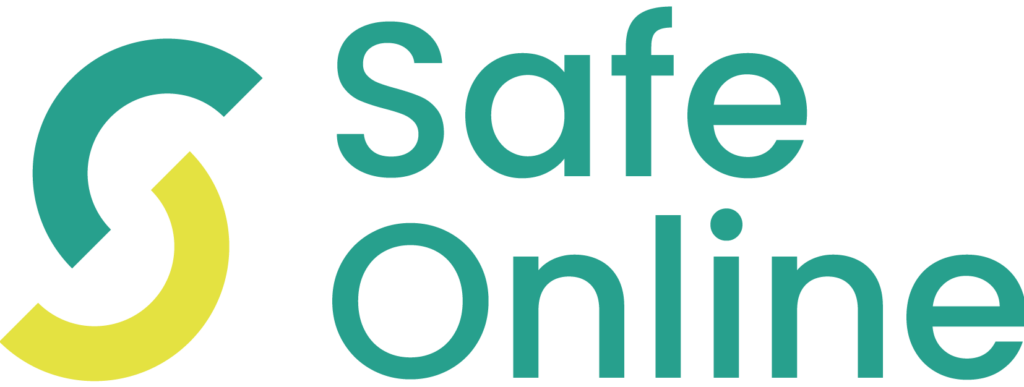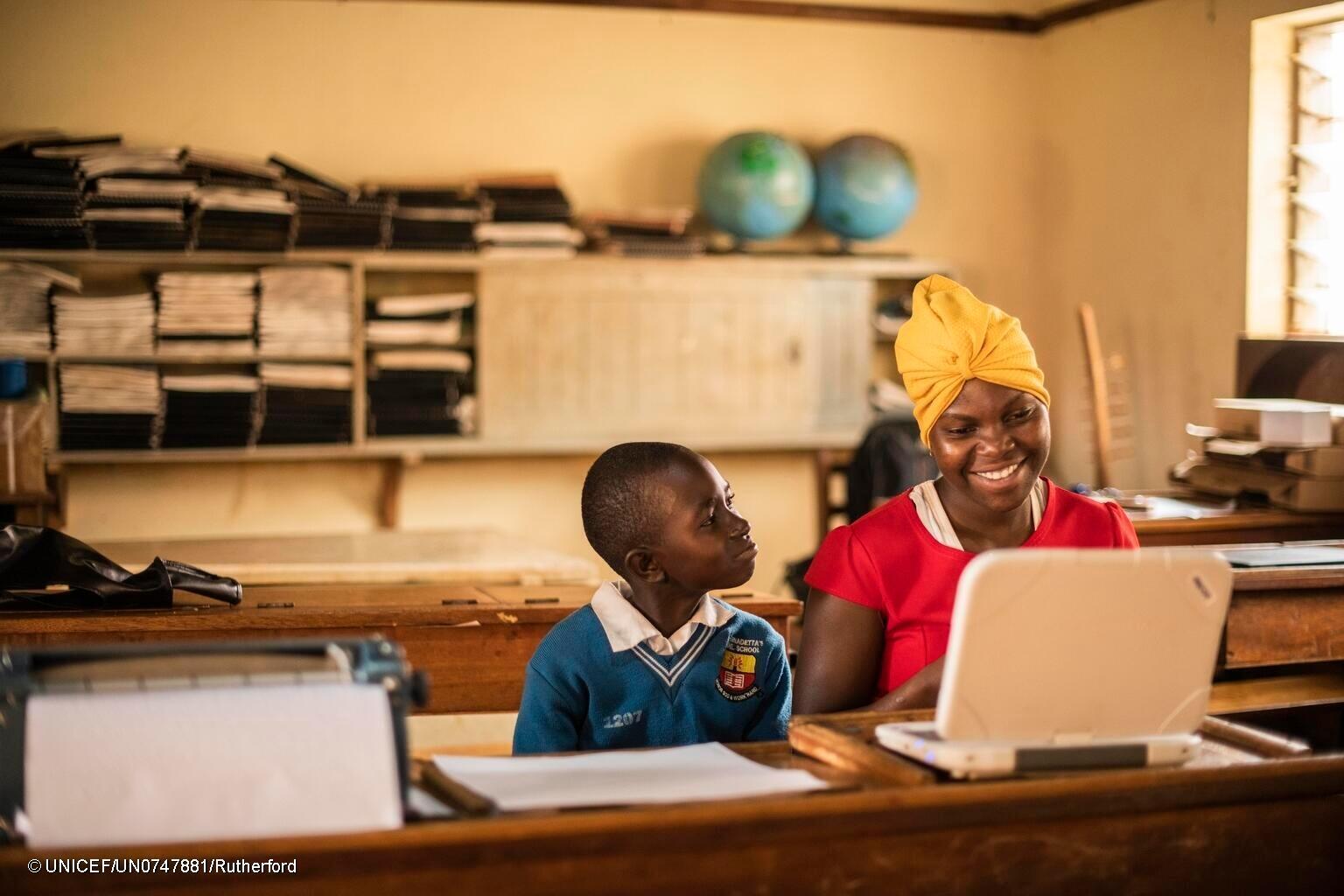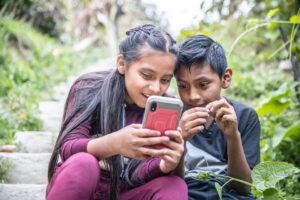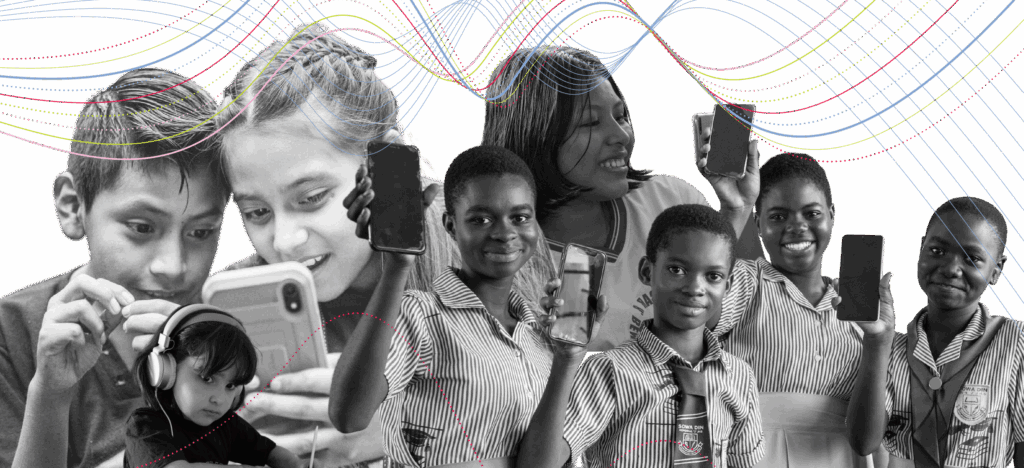5Rights Foundation
5Right Foundation’s Child Online Safety Toolkit project aims to create a safer digital environment for children. By providing resources and training based on the toolkit, it seeks to empower countries and organisations to better protect young internet users. It intends to establish an internationally recognised framework for child online safety, fostering a unified and effective approach across different countries and jurisdictions. The toolkit serves as a resource for both civil societies and regulatory bodies worldwide, contributing to policy development and implementation, and the regulation of online child safety.
Council of Europe
EndOCSEA@Europe Plus will build on the results of the previous project phase to strengthen actions to prevent and combat online child sexual exploitation and abuse (OCSEA) across the Council of Europe member states, with particular focus on Georgia, Montenegro and the Republic of Moldova.
DeafKidz International
DeafKidz Defenders is an interactive digital platform designed to educate deaf children on how to stay safe online. This project will empower deaf children in Pakistan, South Africa and Zambia, and increase teachers’ and parents’ knowledge of safeguarding to better protect deaf children from abuse.
UNICEF EAPRO
UNICEF EAPRO’s project focuses on continuing momentum for work by being done by UNICEF East Asia and the ASEAN Pacific Regional Office for child online protection. It supports activities like tech industry working groups and a regional forum which will be held in Bangkok in November 2023 to support collaborative efforts that make children’s digital lives safer. Other activities include disseminating and applying detailed technical guidance for legislative reform and support to survivors of online child abuse.
UNICEF Ghana
UNICEF Ghana will implement the new project “Protecting children from online sexual exploitation in Ghana: Scale-up of interventions with the biggest potential for impact and evidence generation”. At least 10,000 children are expected to benefit from individual case management, national multi-sectoral and private sector engagement will be enhanced and the capacity of law enforcement, judiciary and prosecutors for effective investigations and successful prosecution of online CSEA will be strengthened. The project aims to scale interventions and generate evidence on the implementation of the Cyber Security Act and the National Child Online Protection Framework, criminal justice and victim support and empowerment, in collaboration with the Cyber Security Authority, the Ghana Police Service, the Ministry of Gender, Children and Social Protection and other partners.
UNICEF Jordan
This programme supports UNICEF’s work with the Government of Jordan to prevent and respond to online child sexual exploitation and abuse. This includes programmes and policies that strengthen the capacity of the national protection system and raise awareness on keeping children safe online.
Tech Matters
Aselo, a contact center platform built by Tech Matters, is live in ten countries. One of the primary goals of Aselo is to increase the capacity of child helplines to meet the needs of much greater numbers of children and young people. The existing technology supported by Safe Online helps to identify repeat callers and texters in most communication channels, so that helpline counsellors can review past contact (and case) records. The new funding will enable Tech Matters to make a minimum set of enhancements to Aselo to significantly expand the capabilities of the helplines to address the issue of repeat callers and allow the helplines to handle a greater volume of actionable calls/texts, maximizing their impact and support for those in need.
Thorn
Support from Safe Online has enabled Thorn to accelerate the development of our ‘classifiers’ that use the latest artificial intelligence to identify child sexual abuse material (CSAM) at scale, helping to identify victims faster and stop the viral spread of CSAM. This new funding aims to enhance and scale the CSAM Classifier by 1) deploying the existing CSAM Classifier to leading forensic and victim identification technology platforms that will enable adoption by law enforcement and hotline analysts, and 2) identifying a scalable, consistent feedback mechanism for the CSAM Classifier.

